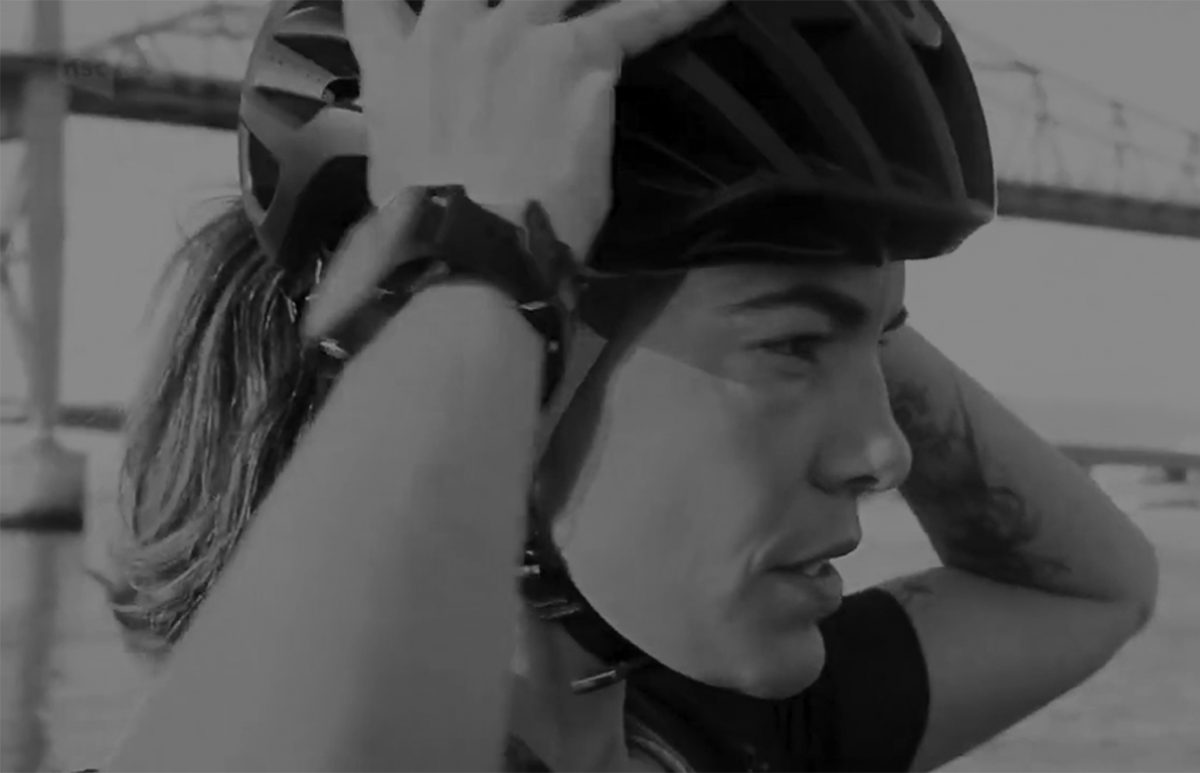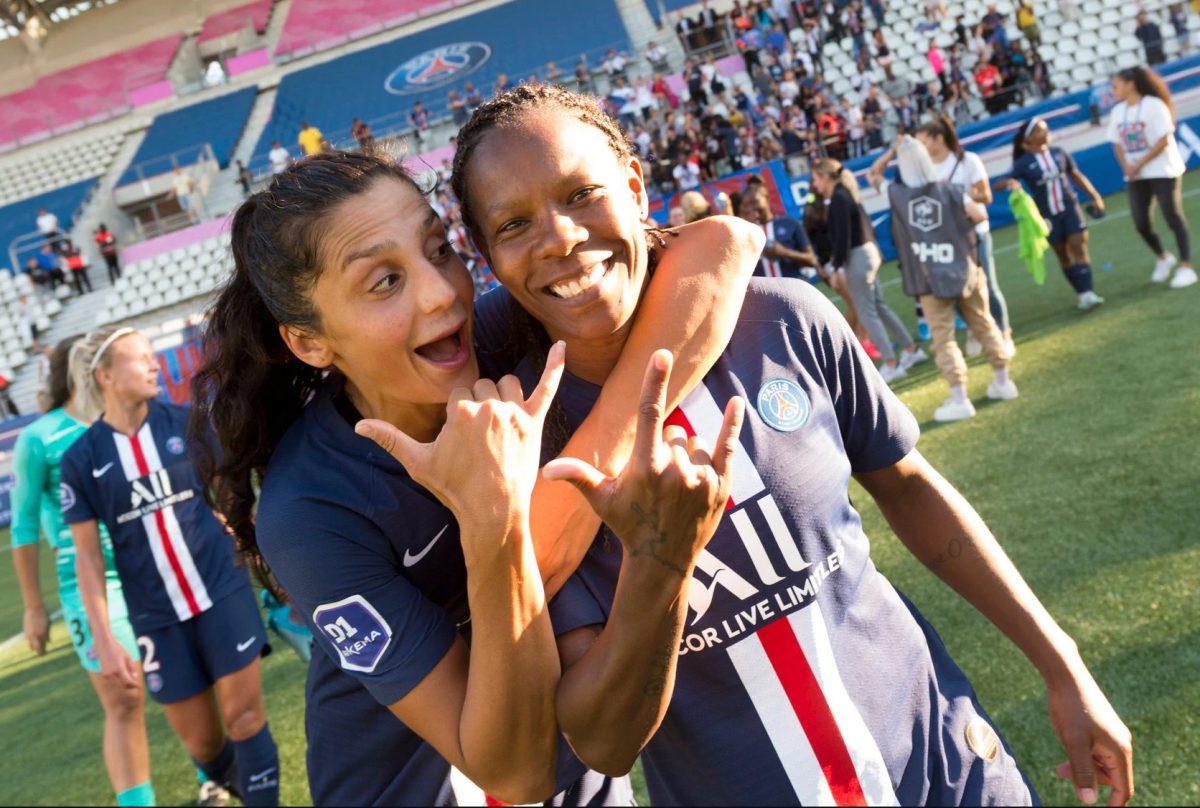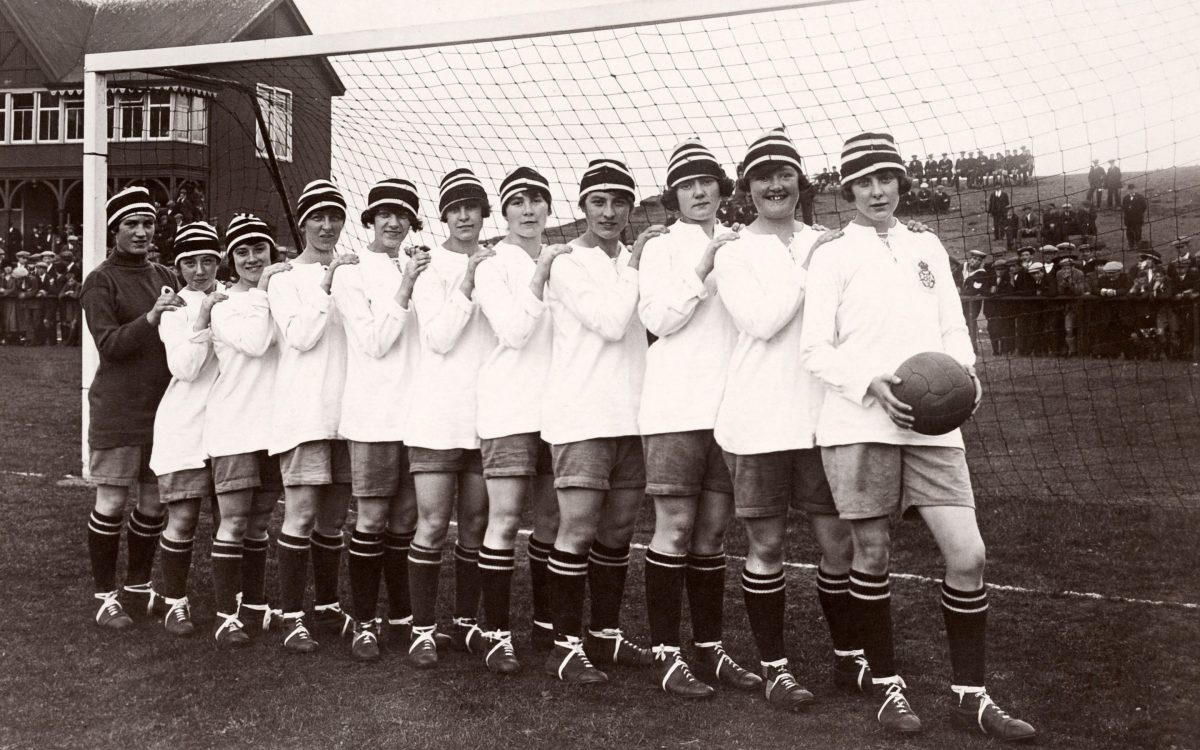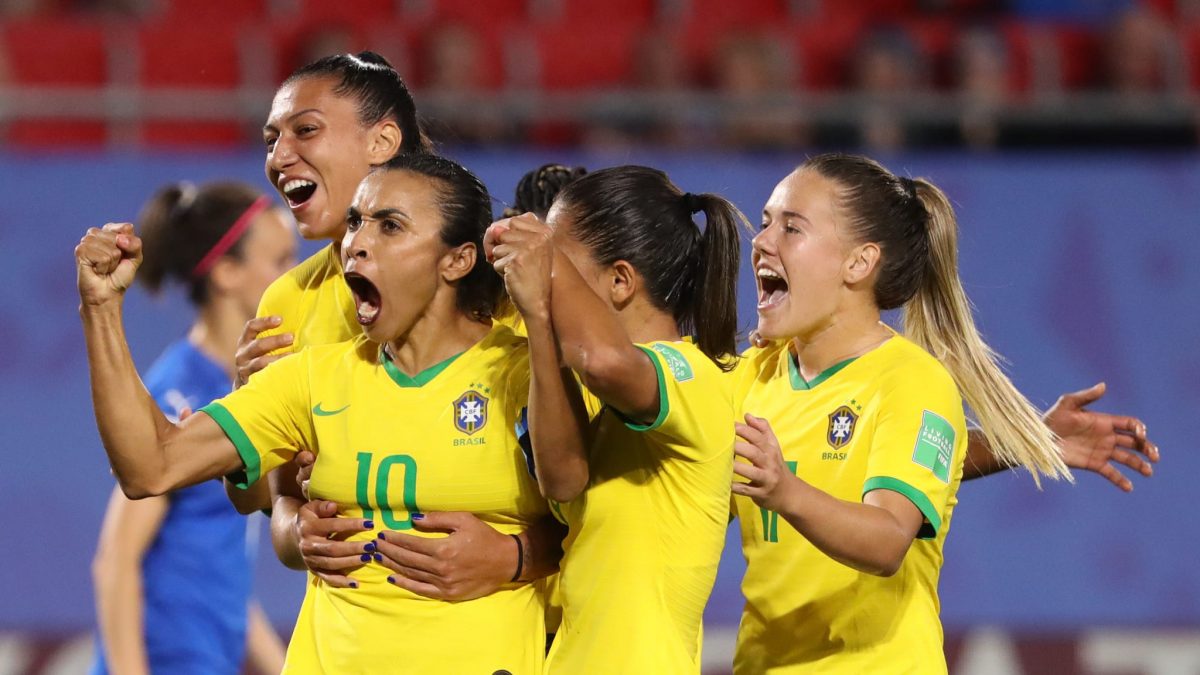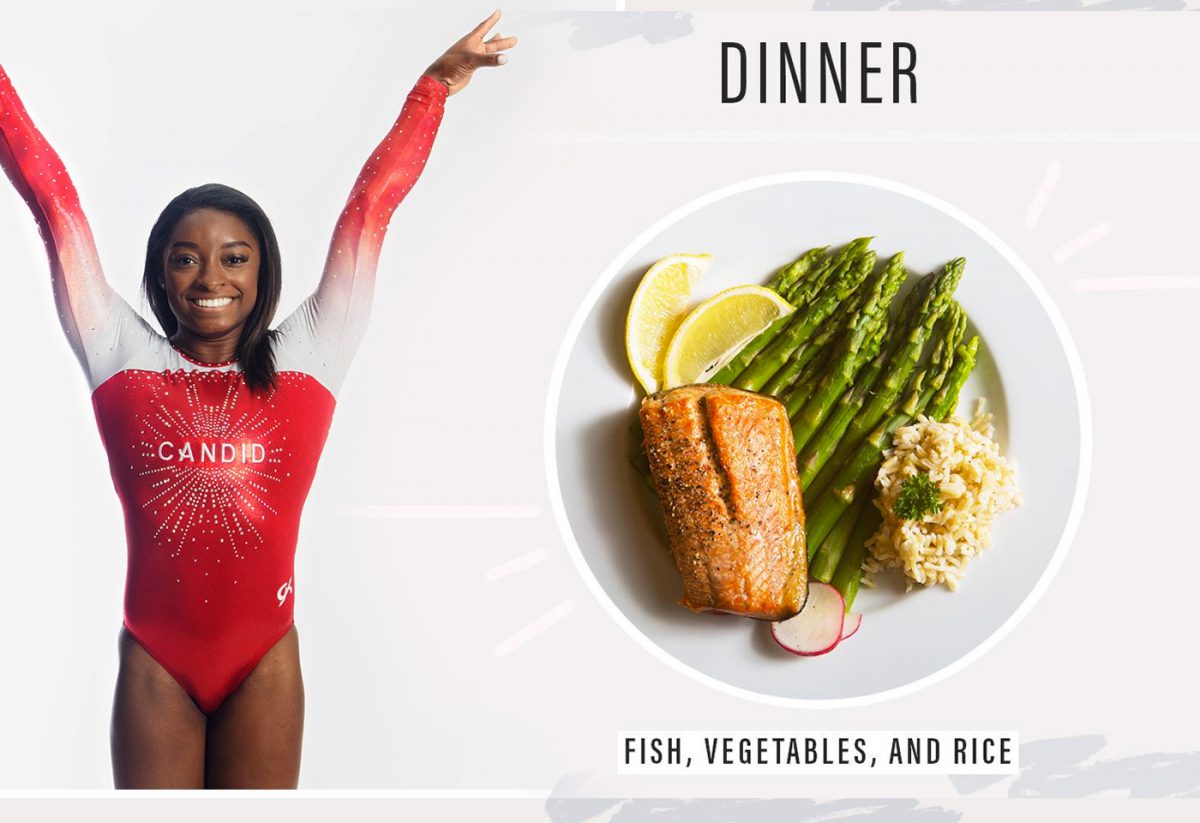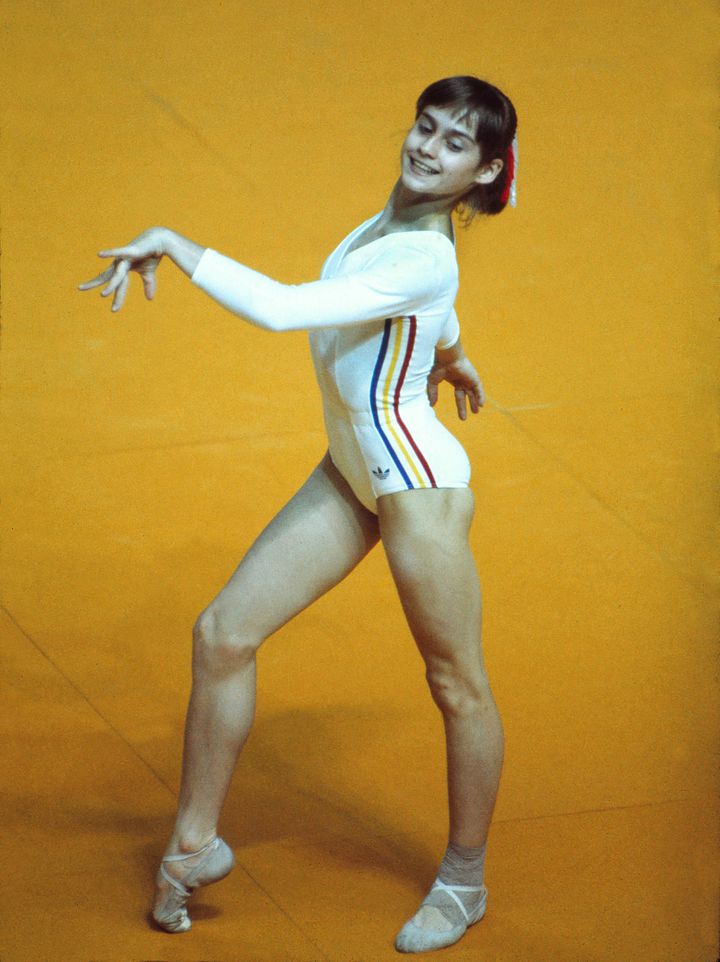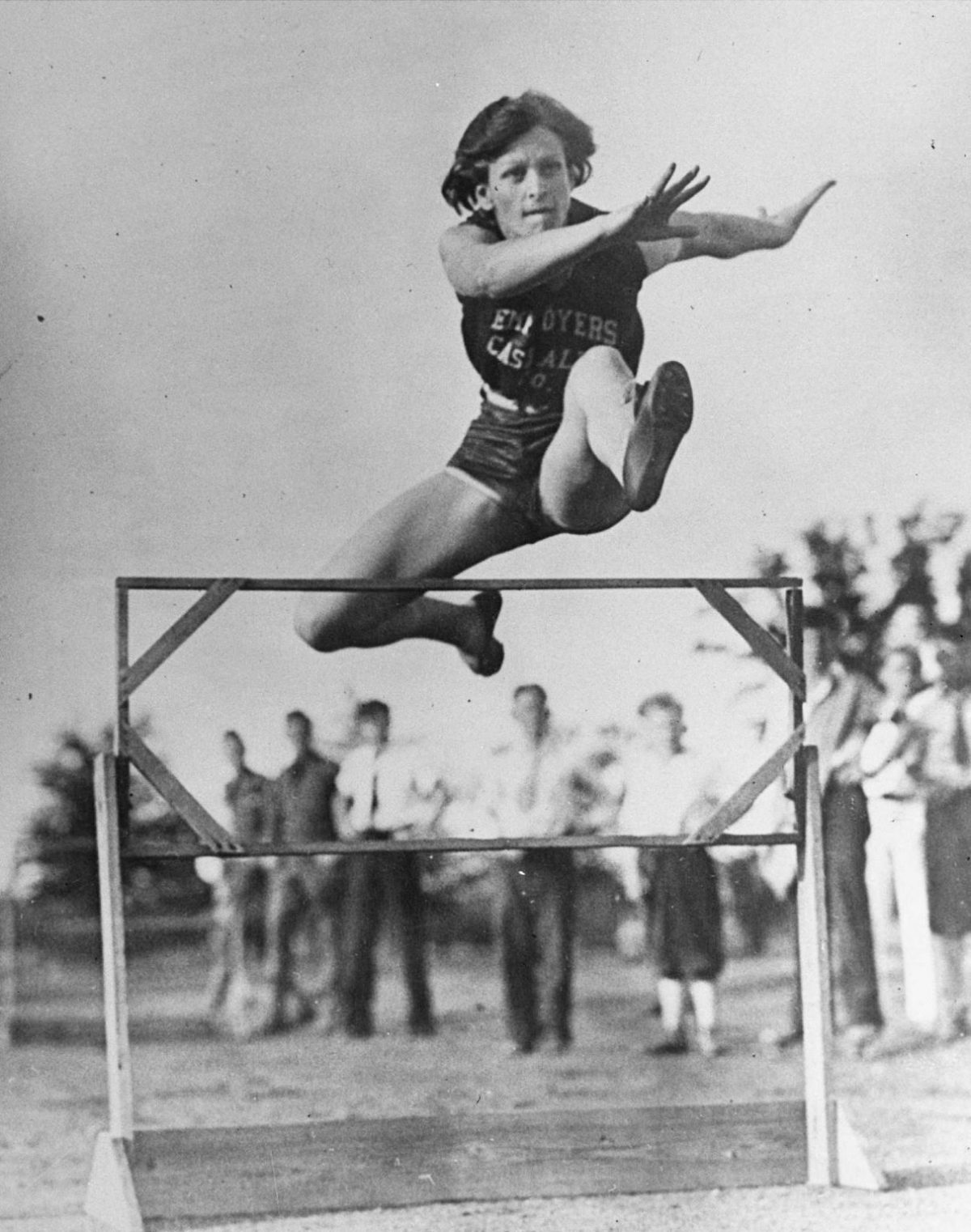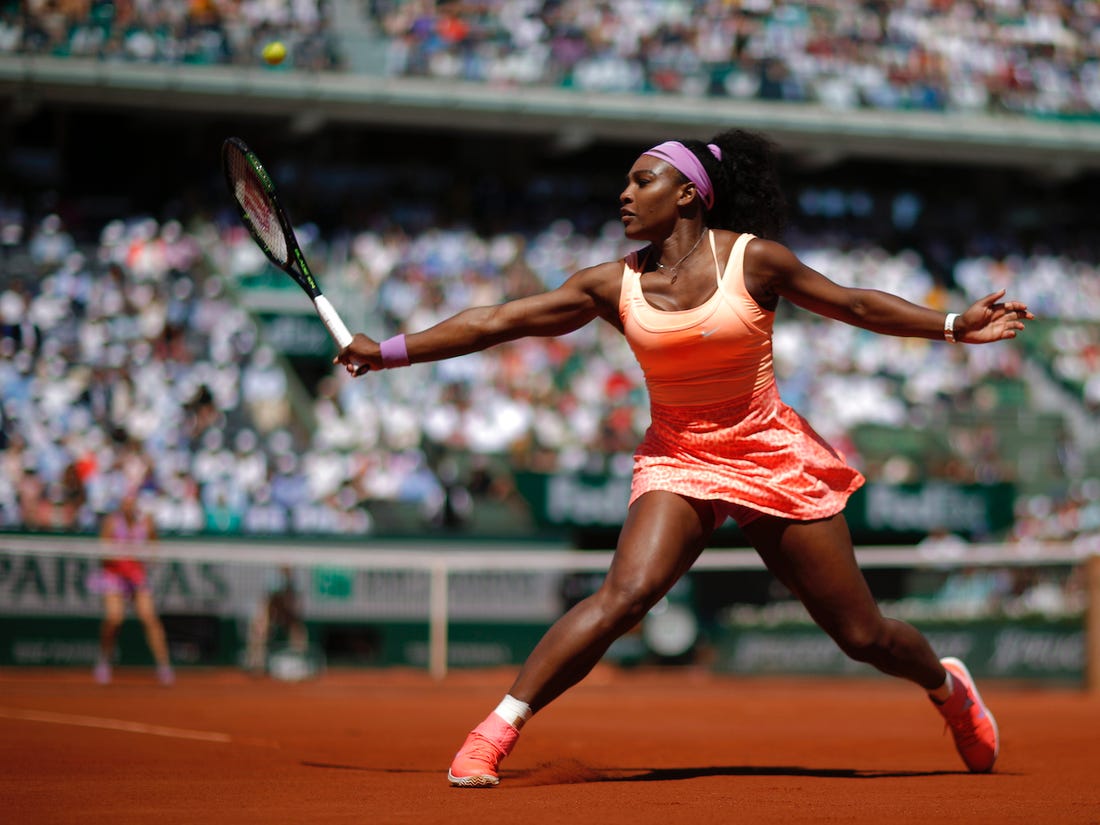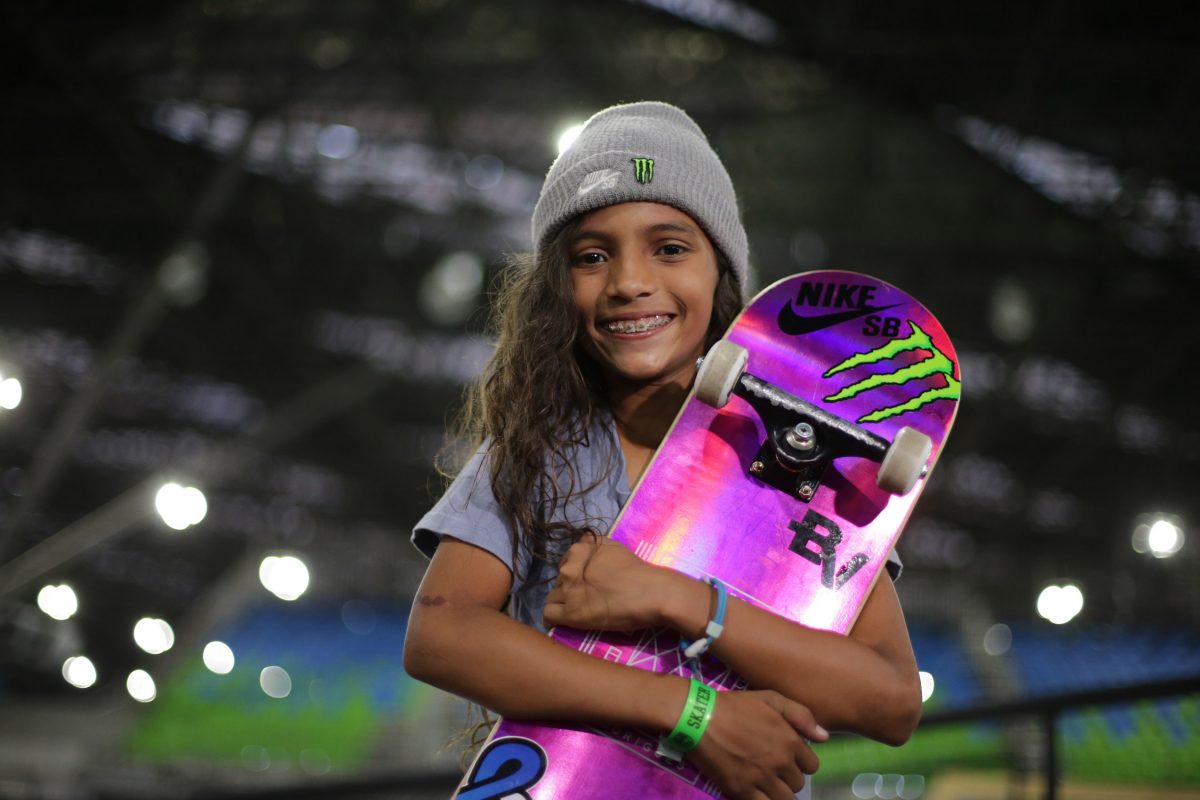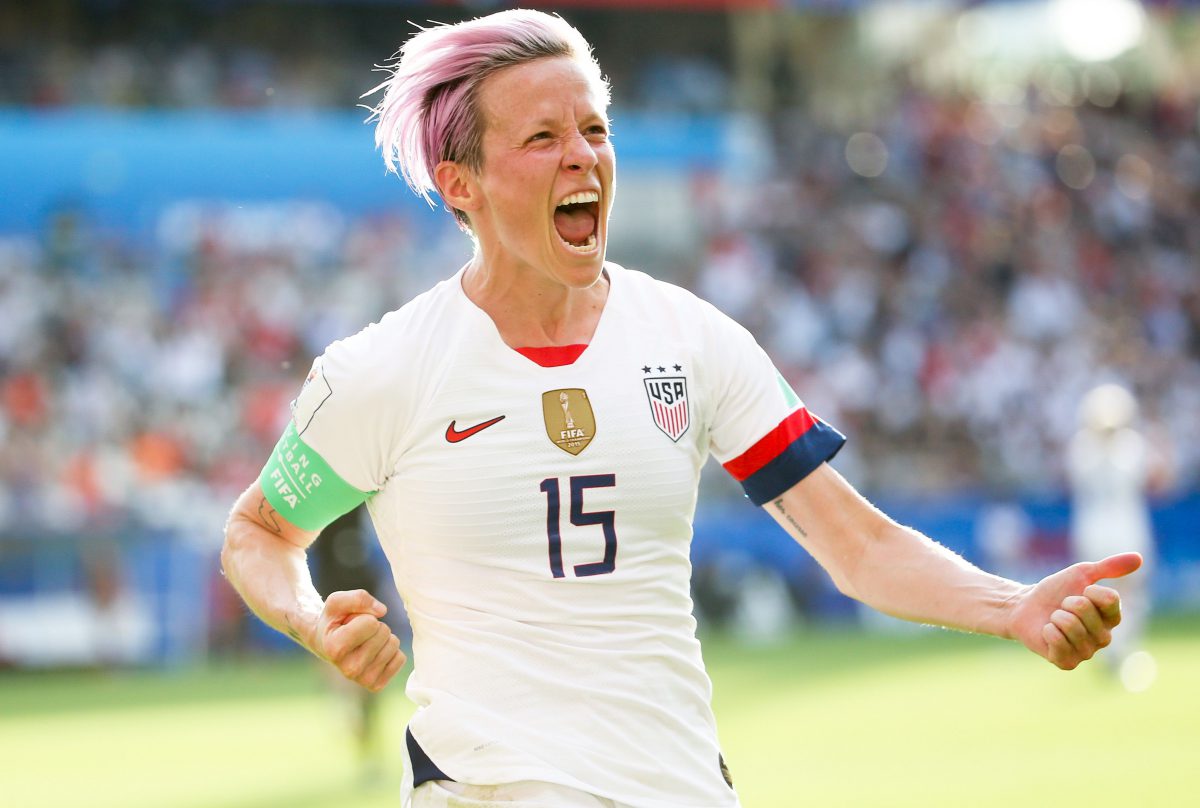Formiga interview:The 42-year-old midfielder who could make Champions League history for PSG against Arsenal
Speaking into a webcam from Dax, France, and ahead of the Champions League quarter-final between her Paris St-Germain side and Arsenal in nearby San Sebastian, the 42-year-old Formiga releases a peal of laughter. I have just asked the oldest goalscorer in the history of the Women’s Champions League if anyone in her family is still going like this at her age. “No, I really don’t know anyone,” the Brazilian says. “My dad loved his football. He played a lot of sport – my brothers did, too. But they stopped early. I don’t know why. I think I got the genes from my dad, but as far as I know, there’s nobody in my family that played so long. Just me.”
Records tumble off Formiga’s curriculum vitae, which begins back in 1993, in Sao Paulo, and takes in seven World Cups – more than any player in either the men’s or women’s game. Born three years before the ban on women’s football was lifted in her native Brazil in 1981, she is the first player in her forties to play in the last 16 of the Women’s Champions League, the oldest outfield player in any Uefa competition since the introduction of the Champions League and Europa League, and should she start for Paris St-Germain against Arsenal today she will become the first 42-year-old to play in a Women’s Champions League quarter-final. At this stage, she is breaking her own records, extending her leads; adding more days and years on to numbers we may never see emulated.
More than anything, Formiga is fascinated by our fascination with her age – “age is just a number,” she beams, “and I’m in the prime of life. I still feel young” – and our awe at how a player whose first World Cup came aged 17 in 1995 is still cutting it at the top level 25 years on.
David Beckham always joked that he knew it was time to retire when Lionel Messi skipped past him, and Gary Neville spoke of his shame at facing the dressing room as he deteriorated and knew, in his heart of hearts, the game was up. Formiga, meanwhile, is still trundling on: still great, still in love with the game that has taken her all over the world, still hungry. “To play in the Women’s Champions League was a major motivation [for joining PSG],” she says. “That was one thing that was lacking in my career. I still have goals that I want to achieve. I’d like to win trophies here. I want to win trophies for Brazil. I want to contribute to women’s football, to improve the world of women’s football as much as I can.”
She is also still yet to have her first major injury. She takes part in full training, always, and the same number of sessions as her teammates. She shrugs that she “doesn’t really do anything differently to the other players”. Perhaps she is a biological miracle, but she points out that she “rests a lot” and eats well. “The body is my tool for my job,” she says, simply.
“I know retirement is coming closer,” she says. “It’s definitely something I think about. You have to stop and think about maybe taking another route. I was planning to retire from playing for the national team after the Rio 2016 Olympics – then I carried on. These Olympics this year for Tokyo were postponed for a year. Maybe I’ll end after those Olympics. Maybe I’ll go back to Brazil and play another year. We’ll see. While I’m still healthy, I’m still going to carry on.”
Dax is about 100km from San Sebastian, where PSG will face Arsenal – the final English team remaining in the competition – over one leg in the quarter finals. In the airy, white-walled lobby of the hotel, the ceiling is dappled by the reflection of the outdoor pool, and Formiga speaks in Portuguese via a club translator who dials in from Lisbon, where he is based for the concurrent men’s competition. “You’re supporting us and we’re supporting you,” she says to him, by way of goodbye, at the end of the call.
Of all the women’s clubs in the last eight, perhaps it is PSG who enjoy the greatest crossover between fans of their men’s and women’s clubs. Before Les Parisiennes alighted the train that would take them to Dax this week, they were greeted by a light show from a pack of ultras unleashing flares outside the station. Chelsea Women can attest to the hostility of the Stade Jean-Bouin, PSG Feminine’s home adjacent to the Parc des Princes, which in 2019 showed the London club the full gamut of flares, flags and shirtless fans.
Yet Formiga knows better than most that the relationship between men’s and women’s football has historically been far more fraught than this. Her earlier years, growing up in Salvador, were especially painful.
“My mother always supported me,” she says. “My brothers didn’t. I used to get hit by them a lot. I used to get beaten up by them. My neighbours didn’t want me to play. They would shout out things like: ‘She’s going to end up pregnant! She’s not good enough! She’s a tomboy!’ I just laughed. My focus was football, and their insults were fuel for me.”
Formiga’s father died when she was just eight months old, leaving her mother Celeste a single mother of five children before she was thirty. “My mum basically brought up five kids all by herself,” Formiga recalls. “It was really her strength and force of will that I learned. She worked day and night. She told me to say strong, to be true to myself, to be honest. It was really my mum’s strength that got me here. She inspired me and I mirrored myself on her. All my career, I knew I couldn’t give up from what she taught me. My mother supported my dream to play for the Brazil national team.”
Formiga thinks of her mother each time she plays. “It’s hard to say, really, what goes through my head, but it’s a bit like a film going through my mind,” she explains, “with key people that had an influence. To be honest, on the pitch, you can’t think that much, because you’re focused on the tactics, but when I do, I think of the obstacles that I overcame and the people that believed in my football and my potential. My mother was number one in that respect.”
Now she is a mother herself, of sorts, to PSG’s young players. “It’s a wonderful family, a family a long way away from our own families,” she smiles. “We learn to respect each other’s spaces, but we care so much about each other, always try and raise people’s morale when they’re sad.”
It feels fitting, at this point, to remember that ‘Formiga’ is not Mirialdes Maciel Mota’s real name. It is, rather, a nickname, meaning ‘ant’ in Portuguese, inspired by Formiga’s graceful, unselfish playing style that is akin to how ants work in a colony. On Saturday, against Arsenal, PSG will hope likewise to become greater than the sum of their parts.
